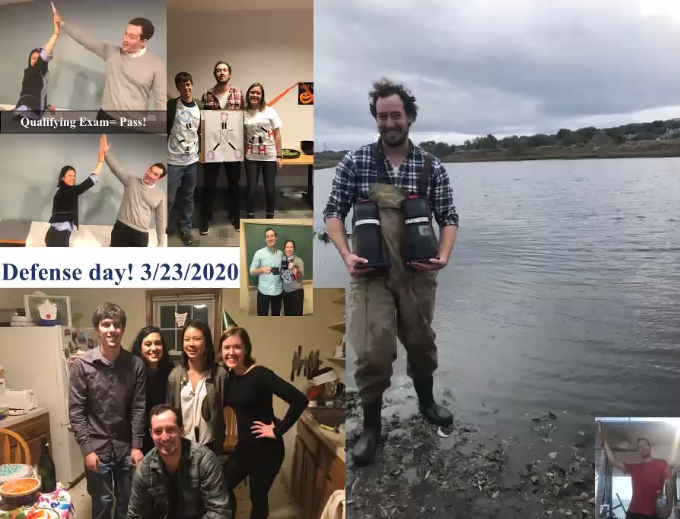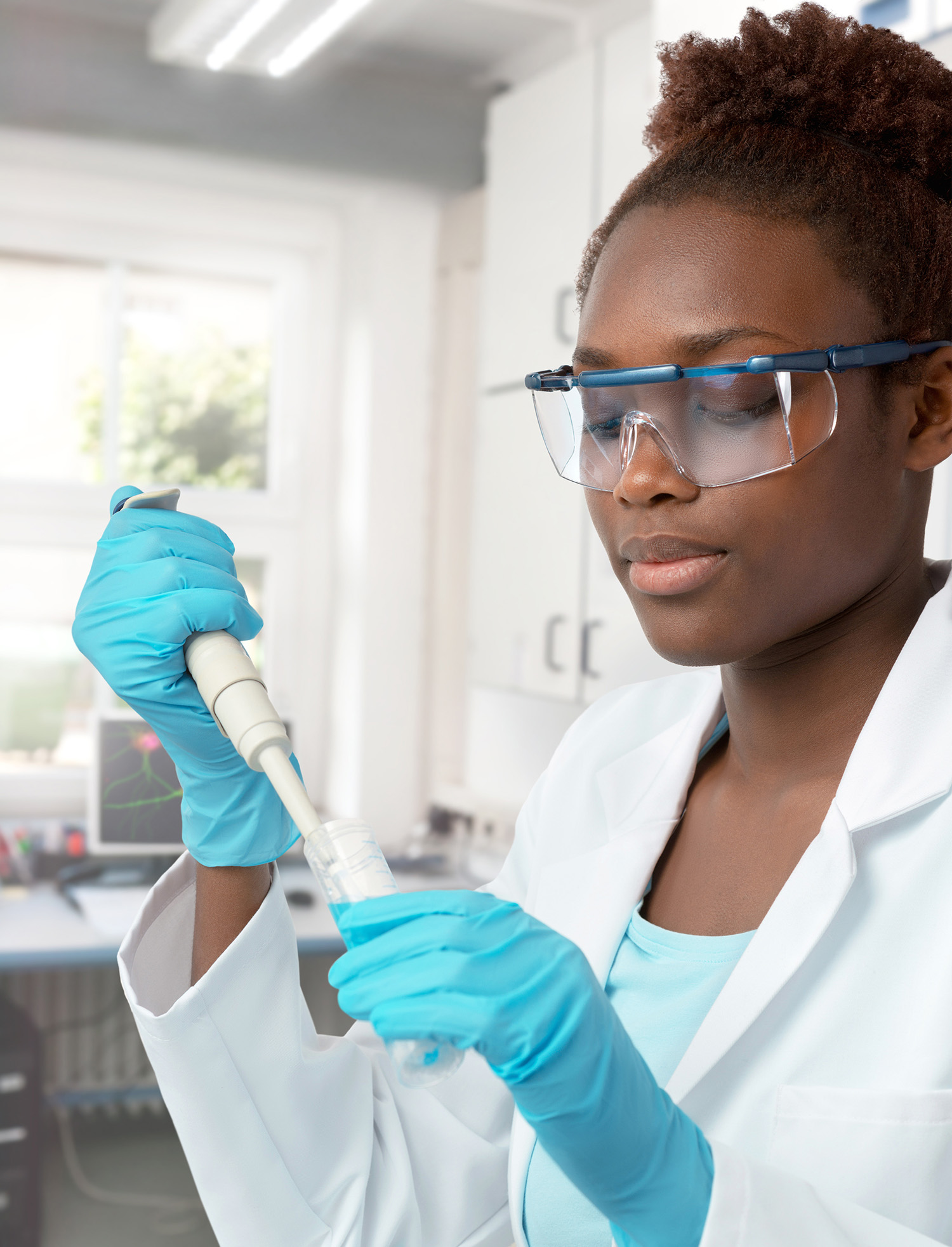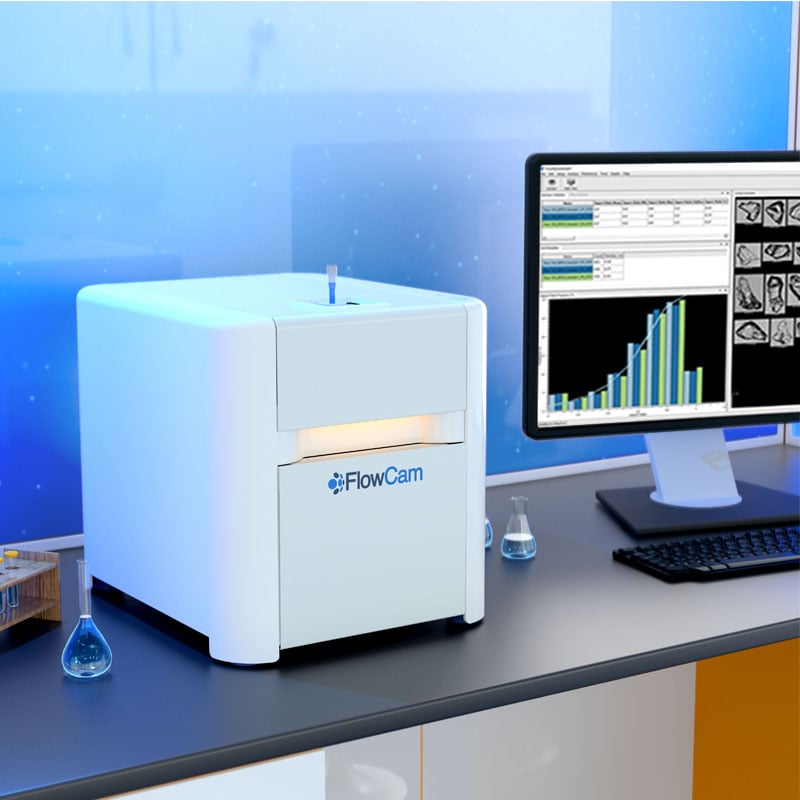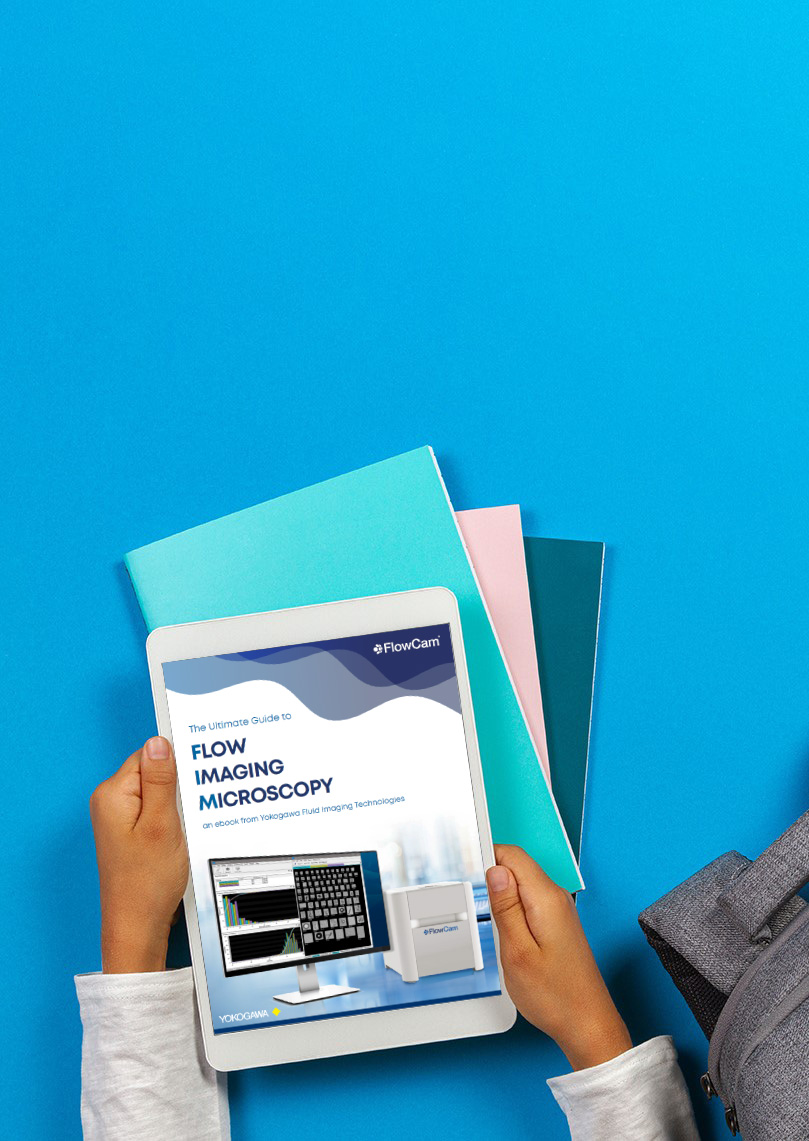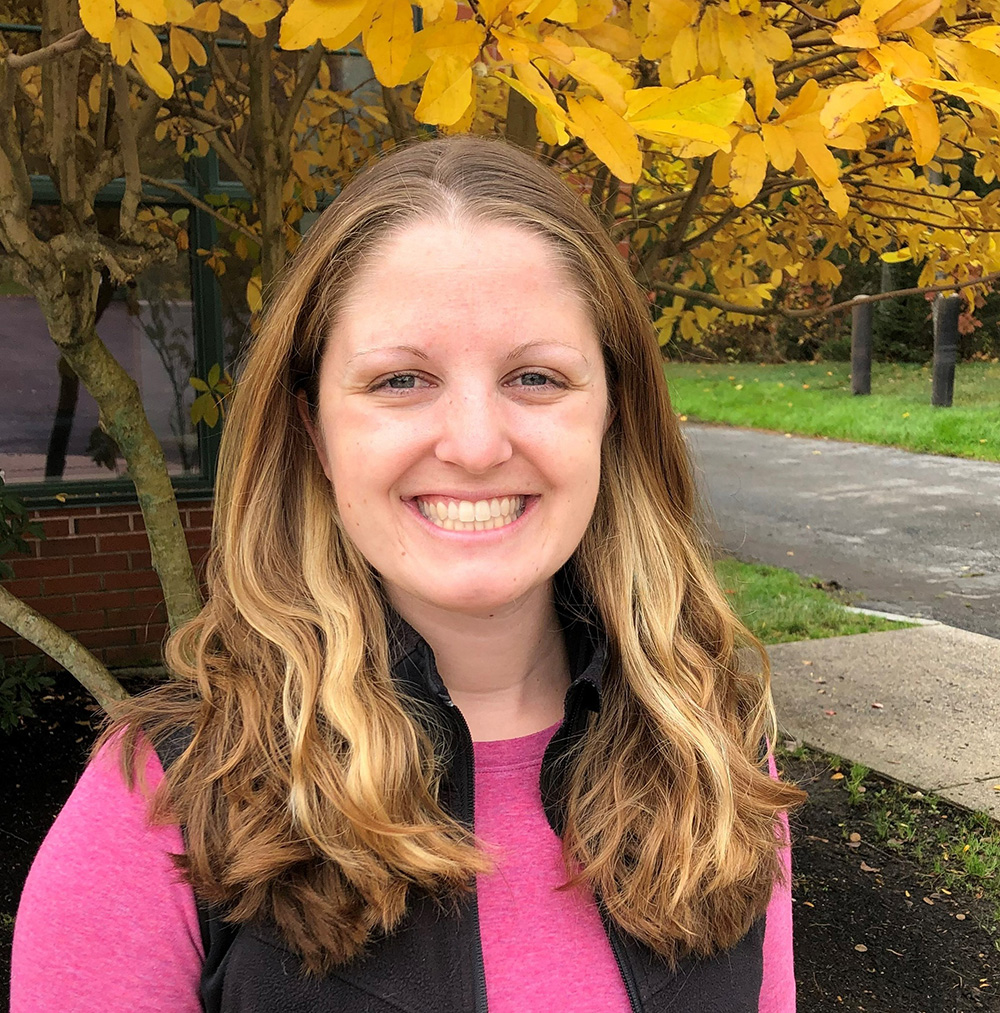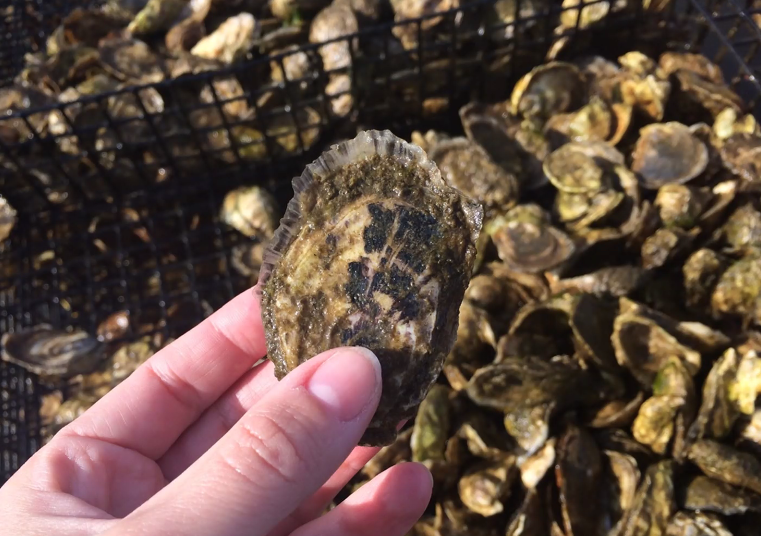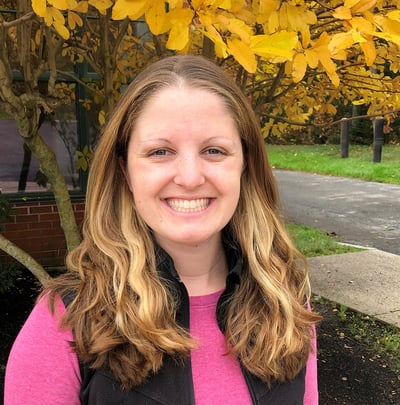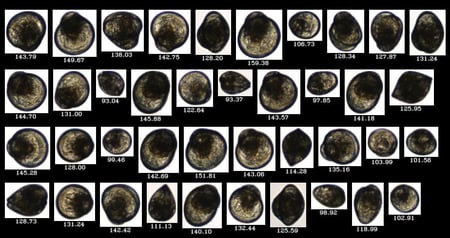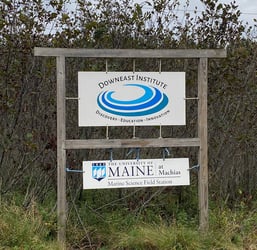Congratulations to Nicholas Ray from the Fulweiler Lab at Boston University for completing his PhD. and presenting his thesis seminar 'virtually' on Monday, March 23rd. Nick’s work focuses on how the restoration of oyster reefs affects coastal nutrient cycling and greenhouse gas emissions, and drew an audience of over 100 people. We have had the privilege of getting to know Nick in the years since he received a Fluid Imaging Student Research & Travel Grant in 2016.Despite social distancing and the closure of many research institutions, this is an admirable example of a Ph.D. student successfully presenting his work remotely. The commitment of students like Nick enables progress to continue to be made in the way of studying and protecting our natural resources during this time.
Soon, Nick heads off to Sweden to start the next chapter in his career. Good luck, Nick!
Read about Nick's most recent visit to Fluid Imaging here.
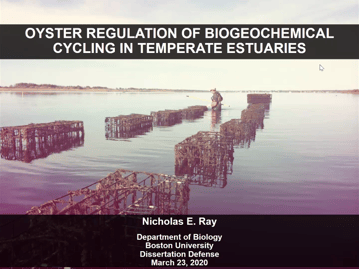 You can read the abstract from Nick's thesis, entitled "Oyster Regulation of Biogeochemical Cycling in Temperate Estuaries" below.
You can read the abstract from Nick's thesis, entitled "Oyster Regulation of Biogeochemical Cycling in Temperate Estuaries" below.
"Of the many changes humans have caused in coastal systems, excess nutrient loading is perhaps the most dramatic. Specifically, excess nitrogen (N) can lead to a series of negative consequences such as eutrophication, low oxygen conditions, and decreased biodiversity. Concurrent with changes in nutrient loading, coastal shellfish populations have been devastated through over harvesting, disease, and pollution. For example, oyster reefs – once a dominant feature along many coastlines – have been reduced by 85% of their historic range globally. Today, oysters are returning to coastal systems through restoration projects and a boom in aquaculture. Yet the impact of returning oysters to coastal systems is unknown. My dissertation helps to fill this major knowledge gap. Specifically, this dissertation focuses on the role oysters play in regulating coastal nutrient cycling and greenhouse gas (GHG) emissions.
In chapter one, I estimated the GHG cost of protein production using oyster aquaculture. Using a combined field and laboratory approach, I quantified rates of N2O, CH4, and CO2 release from cultured oysters, and changes in sediment fluxes of these GHGs. On a kg CO2-equivalent kg-1 protein produced, oyster aquaculture has less than 0.5% of the GHG cost of terrestrial livestock production. In chapter two, I took advantage of an oyster aquaculture chronosequence to examine how organic matter loading from oysters drove sediment N cycling processes to an alternative stable biogeochemical state. I found that sediments under oyster aquaculture oscillated over time, shifting between N removal (N2) and recycling (NH4+) processes, demonstrating non-linear dynamics. In chapter three, I demonstrate that sediment N cycling processes in oyster habitats follow seasonal patterns of water column productivity, recording net denitrification in the spring following a phytoplankton bloom and net nitrogen-fixation in the fall. In chapter four, I use a meta-analysis approach to describe past and future oyster population changes in the context of “biogeochemical sustainability”. I show that across systems, oysters stimulate both N removal and recycling, at a minimal GHG cost and conclude that larger oyster populations will yield more biogeochemically sustainable coastal systems."
